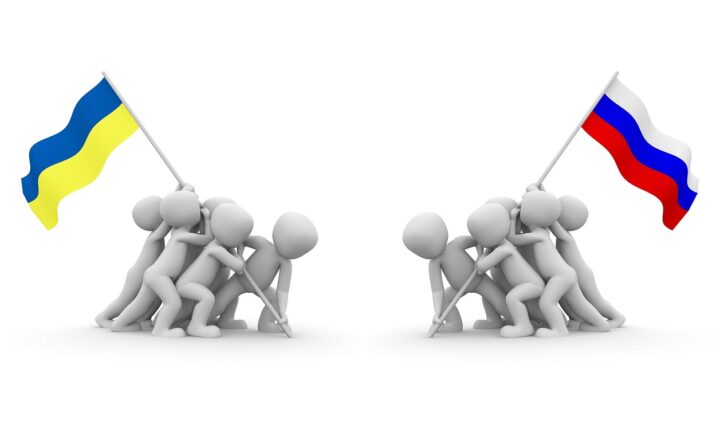
History is filled with conflicts that have shaped the world we live in today. From wars fought for territory and power to ideological battles that have pitted nations against each other, the lessons derived from these tumultuous events are invaluable. This article will explore some of history’s greatest conflicts, highlighting key lessons that continue to resonate in our modern society.
1. The Peloponnesian War (431–404 BC)
The Peloponnesian War, fought between the city-states of Athens and Sparta, is one of the most significant conflicts in ancient history. This war didn’t just involve military might; it was also a struggle of ideologies—democracy versus oligarchy. At its core, this conflict teaches us about the fragility of political systems and the consequences of internal strife.
Key Lessons:
- Unity is Essential: The fragmentation of the Greek world into competing city-states weakened their collective power against mutual threats, namely Persia. It serves as a reminder that we must prioritize unity in the face of common challenges.
- The Cost of War: The war devastated families, economies, and cultures. The horror and tragedy of war illustrate that through conflict, all parties suffer, emphasizing the need for peaceful negotiations over military solutions.
2. The Hundred Years’ War (1337–1453)
The Hundred Years’ War between England and France was not a continuous battle but a series of conflicts fueled by territorial disputes and claims to the French throne. This lengthy war evolved the nature of warfare and nationalism, ultimately shaping the identities of both nations.
Key Lessons:
- National Identity: The conflict fostered a sense of national identity in both England and France, showing how wartime can shape and solidify a country’s ethos, values, and shared history.
- Adaptation in Warfare: Military strategies evolved, utilizing longbows and cannons, demonstrating that societies must adapt to technological changes or be left vulnerable.
3. The American Civil War (1861–1865)
The American Civil War was fought over profound issues like slavery, state rights, and the future of the Union. This conflict remains a pivotal point in American history, revealing deep-seated divisions within society.
Key Lessons:
- The Importance of Dialogue: The failure to resolve the underlying issues of slavery and state rights through dialogue led to a devastating war. Peaceful discussions and compromise are critical in preventing escalation into conflict.
- Reconciliation is Crucial: Post-war America faced immense challenges in reconciliation. Healing wounds and rebuilding trust is just as significant as winning a conflict, emphasizing the need for unity in rebuilding nations after war.
4. World War I (1914–1918)
World War I was characterized by trench warfare and unprecedented loss of life. The war resulted in the downfall of empires and significant geopolitical changes around the globe.
Key Lessons:
- The Consequences of Alliances: The complex web of alliances led to a much larger conflict when tensions rose. This highlights the need for transparency and communication in international relations to prevent misunderstandings from escalating into war.
- Prevention Over Reaction: The failure to address rising tensions early on led to catastrophic consequences. Conflict prevention through diplomacy and conflict resolution strategies are vital in maintaining peace now and in the future.
5. World War II (1939–1945)
The global conflict of World War II witnessed the horrors of genocide, total war, and unimaginable destruction. Its conclusion reshaped international politics and societal norms.
Key Lessons:
- Recognizing Early Warning Signs: The rise of totalitarian regimes and the neglect of diplomatic solutions stressed the need to recognize early warning signs of conflict and act decisively to prevent atrocities.
- Human Rights are Non-Negotiable: The horrors of the Holocaust and war atrocities underscored the necessity for strong human rights protections. We must confront hate and intolerance to safeguard the dignity of all people.
Conclusion
The conflicts throughout history have served as cautionary tales; they implore us to learn from the mistakes of our predecessors. The lessons of unity, dialogue, and the importance of human rights are just as relevant today as they were centuries ago. In a world rife with conflict, may we strive towards understanding and collaboration to prevent history from repeating itself. By honoring the lessons of the past, we can build a future free from the shackles of our previous mistakes, forging a more peaceful, just world for generations to come.







